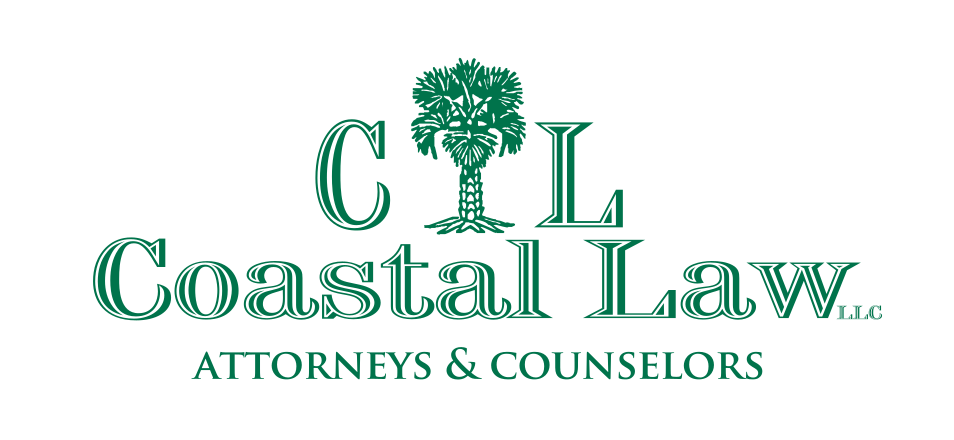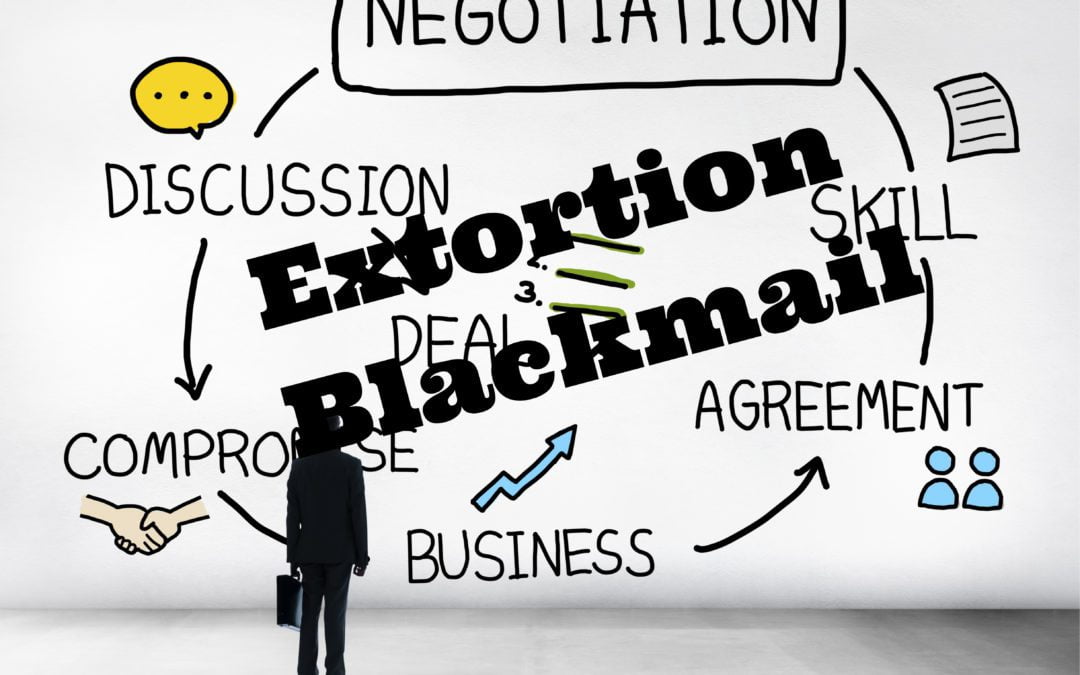In recent news, American Media, Inc. (AMI) was excused of committing blackmail when they threatened to publish embarrassing, nude photos of Amazon founder Jeff Bezos unless he ended his investigation into the company. Hard-nosed dispute resolution or blackmail?
Attorney Michael Avenatti, who until recently represented porn star Stormy Daniels in her case against President Trump, was arrested and charged with extortion for what he will surely characterize as a settlement demand from Nike for $25 million (he is accused of threatening criminal prosecution if they did not pay him).
It’s a common dilemma for plaintiff’s attorneys – a defendant corporation gets what they initially think is an outrageous demand and they call it extortion. They don’t want to pay. We may be threatening to force them to pay, and the lawsuit that we file may expose damaging information that they don’t want the public to see – but is that extortion?
When does a legitimate demand for payment in a civil case cross the line, legally and ethically, into blackmail or extortion?
Where is the Line Between Settlement Negotiations or Extortion?
Most civil lawsuits settle before trial, and the settlement process usually begins with a demand for payment.
The plaintiff’s demand, if it is to be taken seriously, must be accompanied with some form of threat – most often, a threat based on the strength of the plaintiff’s case, the outrageousness of the defendant’s actions, and the likelihood that a jury will return a verdict significantly greater than the settlement demand.
There are other types of threats that are a natural part of settlement negotiations.
Once we file a lawsuit, we will continue investigating our client’s case in earnest, except now we have the power to subpoena documents and witnesses, take depositions of any person with information relevant to the claims and defenses, and to ask the court to force a defendant to turn over evidence in response to discovery requests…
Do we take material received through subpoenas or discovery requests and send them to the media? No.
But, if the case goes to trial, all of that information will become public and the media will likely hear it. Any pleadings or documents that are filed in the case are also public information – including the complaint, answer, and motions that are filed.
Another “threat” that helps to settle a case is when the defendant corporation knows that, if they do not settle and they proceed to a public trial, more plaintiffs are likely to file suit…
These examples of “threats” are not extortion or blackmail – they are a natural part of civil litigation and, in many cases, they are factored into the defendant’s decision as to whether they are going to pay, and how much.
So, what would be extortion in the context of a civil lawsuit?
What is Extortion Under SC Law?
SC law prohibits blackmail – extortion by another name.
SC Code Section 16-17-640 makes it a crime, punishable by up to ten years in prison, to extort money by threatening to accuse someone of a crime or by threatening to expose compromising personal or business information:
Any person who verbally or by printing or writing or by electronic communications:
(1) accuses another of a crime or offense;
(2) exposes or publishes any of another’s personal or business acts, infirmities, or failings; or
(3) compels any person to do any act, or to refrain from doing any lawful act, against his will;
with intent to extort money or any other thing of value from any person, or attempts or threatens to do any of such acts, with the intent to extort money or any other thing of value, shall be guilty of blackmail and, upon conviction, shall be fined not more than five thousand dollars or imprisoned for not more than ten years, or both, in the discretion of the court.
So, if Avenatti threatened to expose information about Nike that would result in criminal prosecution unless they paid him $25 million, is that settlement negotiations or extortion? It sounds like blackmail, at least under SC law – it’s 1) an accusation of crime and 2) an exposure of business acts, infirmities, or failings.
Similarly, AMI’s reported threat to publish embarrassing, nude photos of Jeff Bezos (exposure of personal acts, infirmities, or failings) unless he dropped an investigation (which would certainly be a “thing of value” to AMI), sounds a lot like blackmail under SC law.
What is Extortion Under Federal Law?
18 USC Section 1951 defines extortion as “the obtaining of property from another, with his consent, induced by wrongful use of actual or threatened force, violence, or fear, or under color of official right.”
Avenatti’s allegations clearly involve his attempt to obtain property, $25 million, induced by the wrongful use of threatened fear of the exposure of criminal acts – and, if the allegations are true, the threat to expose criminal actions is a wrongful use of threatened fear.
AMI’s allegations, on the other hand, did not involve “the obtaining of property” – they reportedly wanted to force Bezos to do something, which, although it may be a “thing of value,” it’s not “property” and may not be covered by the federal definition of extortion.
What Prevents SC Attorneys from Engaging in Extortion in a Civil Lawsuit?
Apart from the possibility of being charged criminally for extortion under federal law or blackmail under state law, an attorney could be sued for invasion of privacy, charged with a criminal offense, or disciplined by the state bar association (which could mean disbarment).
What is the Tort of Invasion of Privacy in SC?
SC recognizes a cause of action for invasion of privacy, which includes causes of action for “wrongful publicizing of personal affairs” and “wrongful intrusion into private affairs,” as well as “wrongful appropriation of personality.”
For example, in addition to possible exposure to criminal charges for blackmail under SC law and disbarment for professional misconduct, an attorney who threatened to publish nude photos if the defendant did not pay could be subject to a lawsuit themselves for invasion of privacy.
Using the Criminal Courts to Gain an Advantage in a Civil Matter
In SC, the ethics rules expressly prohibit threatening criminal charges to get an advantage in a civil matter – for example, threatening to expose criminal activity unless a corporation pays $25 million:
Rule 4.5 of the SC Rules of Professional Responsibility says:
A lawyer shall not present, participate in presenting, or threaten to present criminal or professional disciplinary charges solely to obtain an advantage in a civil matter.
If an attorney violates this rule and it is reported to the SC Bar, the attorney may be subject to discipline that could include disbarment.
SC Civil Litigation Attorneys in Myrtle Beach
The Myrtle Beach civil litigation lawyers at Coastal Law are prepared to sue or defend on behalf of our clients in SC’s civil courts. We will never commit extortion for a client, but you can rest assured that we will make legal and ethical threats of litigation during settlement negotiations to recover maximum compensation for our clients whenever possible.
Call the Myrtle Beach plaintiff’s lawyers at Coastal Law today at (843) 488-5000 or email us through our website to set up a free consultation and case review.


